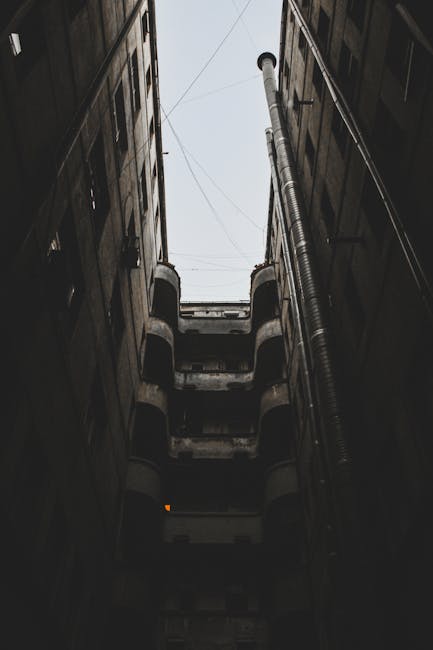
The Gaza Conundrum: Why Rebuilding Remains a Political Minefield
The dust is far from settling in Gaza, yet the imperative to envision its future is already pressing. As the devastating conflict leaves behind an unprecedented scale of destruction, the international community and various stakeholders grapple with a monumental challenge: how to rebuild. Plans, some futuristic, some deeply rooted in cultural preservation, have begun to emerge. However, these ambitious blueprints collide head-on with a complex web of political obstacles, turning the essential act of reconstruction into a deeply contested battleground where agreement remains stubbornly out of reach.
The Ashes of Conflict: A Monumental Task
The sheer scale of devastation in the Gaza Strip is almost incomprehensible. Homes, hospitals, schools, and vital infrastructure have been reduced to rubble, leaving millions displaced and in urgent need. The task ahead is not merely one of construction; it is a complete societal overhaul, a phoenix-like effort demanding resources, coordination, and a level of political consensus that currently appears elusive. Before any concrete can be poured, the foundation of political will must be laid.
Clashing Visions for a New Gaza
Amidst the destruction, various stakeholders have put forth contrasting visions for Gaza's revival. Some propose audacious, AI-powered super cities—futuristic hubs of technology, sustainability, and smart infrastructure designed to leapfrog Gaza into a new era. These plans often envision modern amenities, green spaces, and advanced connectivity. In stark contrast, other designs emphasize capturing the "soul and spirit" of the region, advocating for reconstruction that respects cultural heritage, utilizes local materials, empowers community participation, and rebuilds traditional neighborhoods, ensuring the new Gaza remembers its past while embracing a sustainable future.
The Gordian Knot of Governance
The most formidable barrier to reconstruction is undeniably political: who will govern Gaza? The lingering presence and future role of Hamas remain a central point of contention for many international donors and Israel. Simultaneously, the capacity and legitimacy of the Palestinian Authority (PA) to step into a leadership vacuum are frequently questioned, both internally and externally. Deep-seated internal Palestinian divisions further complicate any unified approach, making it difficult to establish a credible, stable governing body capable of overseeing and managing such a vast reconstruction effort. Without a legitimate and accepted authority, donor nations are hesitant to commit the billions required.
Security, Sovereignty, and International Stalemate
Israel's security concerns cast a long shadow over any reconstruction efforts. Any rebuilding plan must inevitably contend with Israeli demands to prevent the rearmament of militant groups or the dual-use of materials for military purposes, which often translates into strict controls on imports. This clashes directly with Palestinian aspirations for sovereignty and unrestricted movement of goods and people. Furthermore, the international community, while united in the desire to alleviate suffering, remains divided on geopolitical interests, the ultimate political solution, and the mechanisms for aid delivery. This lack of a unified front hinders comprehensive, long-term planning and creates a patchwork of fragmented efforts.
Beyond the Blueprint: The Human Element
While politicians and planners debate the ideal model for a new Gaza, the devastating human cost of these delays is mounting daily. Millions remain without adequate shelter, clean water, healthcare, and education. The psychological toll of conflict, displacement, and uncertainty casts a long shadow over an entire generation. For the people of Gaza, the future is not an abstract concept; it is the immediate need for a home, a livelihood, and a return to some semblance of normalcy.
A Path Forward?
The path to Gaza's reconstruction is fraught with peril, demanding a delicate balance between ambitious visions and the grim realities of political deadlock. Overcoming these entrenched obstacles will require unprecedented political will, a willingness from all parties to compromise, and a unified international approach focused on long-term stability rather than short-term gains. Until a consensus on governance and security can be forged, the blueprints for a new Gaza, no matter how innovative or culturally sensitive, will remain just that: plans on paper, while the humanitarian crisis continues to deepen.
Keywords: General News
📎 Read also: Unbelievable Footage: Flying Inside the Eye of a Category 5 Hurricane!
